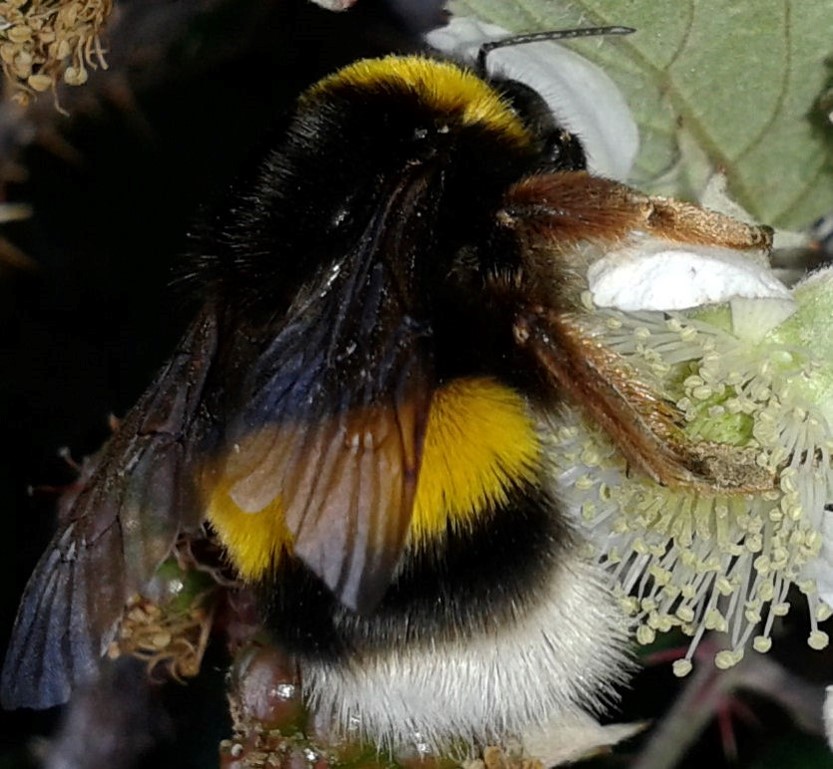Cejas D, López-López A, Muñoz I, Ornosa C, De la Rúa P.
Unveiling introgression in bumblebee (Bombus terrestris) populations through mitogenome-based markers.
Anim Genet. 2019 Oct 24.
DOI: 10.1111/age.12874
RESUMEN
The bumblebee, Bombus terrestris, is an important pollinator commercially used on a global scale. The exported subspecies B. t. terrestris has colonised diverse environments, in some cases displacing wild pollinators to the verge of local extinction. In this sense, the native Iberian subspecies B. t. lusitanicus may be threatened by the subspecies B. t. terrestris, naturally distributed from the Pyrenees to Central Europe but also observed in southern Spain due to escapes from commercial nests. Mitochondrial genomes have a low recombination rate and a small effective population size owing to their maternal inheritance, thus providing an accurate approach to study hybridisation events between populations. Therefore, we present the sequences of the mitogenomes of both subspecies as a molecular framework to select suitable markers to detect possible introgression events between them. We used metagenomics to obtain approximately 17 kbp of the mitogenome from both subspecies. Their mitogenomes differed in 358 bp (excluding the AT-rich region). Four mitogenomic fragments were selected to be tested as subspecific diagnostic markers. A RFLP detected in the gene nad2 (NADH dehydrogenase subunit 2) has proven to be an efficient, quick and cost-effective tool to assess the dispersion of the non-endemic subspecies into Iberian native populations. Subspecific haplotypes were observed in both morphological subspecies, suggesting introgression events in the northern natural contact area and in the new human-mediated contact area in the south of the Iberian Peninsula.
